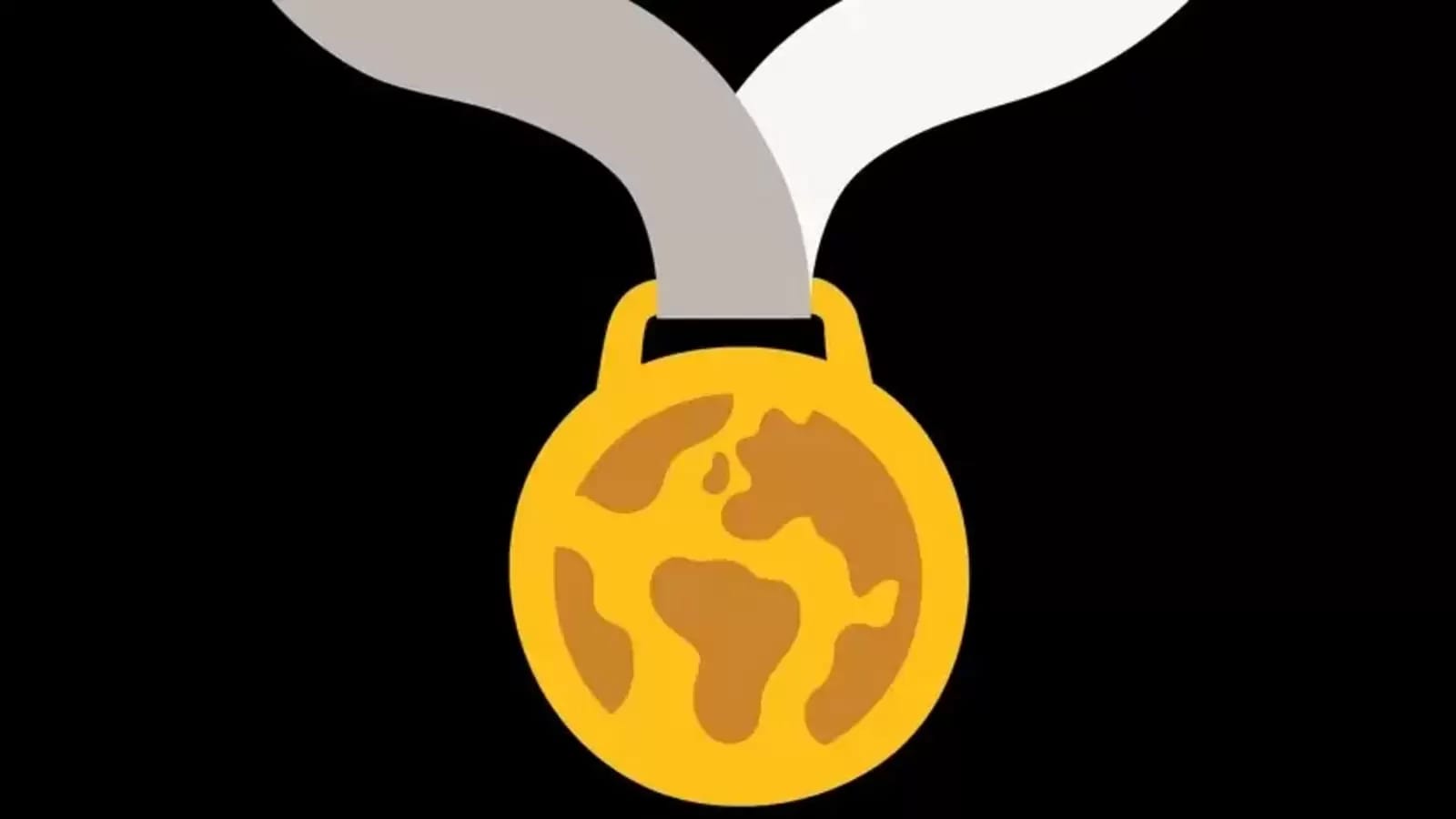Each December The Economist picks a country of the year. The winner is not the richest, happiest or most virtuous place, but the one that has improved the most in the previous 12 months. The debate among our correspondents is vigorous. Previous winners include Colombia (for ending a civil war), Ukraine (for resisting an unprovoked invasion) and Malawi (for democratising). In 2023 we gave the prize to Greece for dragging itself out of a long financial crisis and re-electing a sensible centrist government.
Our shortlist this year had five names on it. Two took a stand against bad government. In Poland the new administration of Donald Tusk, formed after parliamentary elections in 2023, spent the year trying to fix the damage done by its predecessor. The Law and Justice party, which had ruled for eight years, eroded liberal democratic norms by capturing control of the courts, media and business, following the model of Viktor Orban in Hungary. Mr Tusk has begun the long slog of repairing institutions. He has also made Poland an even stronger pillar of European security, with its large army and rising defence spending. However, he has cut some constitutional corners, and Poland’s relations with Germany are poor.
Some 10,000km away, South Africans also demanded better. In elections in May the African National Congress (ANC) lost its parliamentary majority for the first time, having ruled since the end of apartheid in 1994. Voters were fed up with economic failure, aggravated by ruling-party bigwigs gutting and looting organs of the state. The ANC must now govern through a coalition, and its more reasonable leaders have chosen to do so with the Democratic Alliance, a liberal party with a record of running towns and cities well. The new coalition will struggle to solve gaping problems such as unemployment and crime, but it offers a chance of better rule.
A country can win our prize for economic reform. Argentina ’s policies have long been dire, with profligate spending, high inflation, multiple exchange rates and serial defaults. In 2024 Javier Milei, its “anarcho-capitalist” president, unleashed the world’s most radical free-market experiment, slashing public spending and deregulating. This paid off: inflation and borrowing costs fell and the economy started to grow again in the third quarter. But Argentina still has an overvalued currency, and public support for shock therapy may not last.
Our runner-up is a late entrant: Syria. The ousting of Bashar al-Assad on December 8th ended half a century of depraved dynastic dictatorship. In just the past 13 years civil war and state violence have killed perhaps 600,000 people. Mr Assad’s regime used chemical weapons and mass torture against perceived opponents, and resorted to industrial-scale drug-dealing to raise cash. His fall brought joy to Syrians and humiliation to his autocratic backers—Russia, which lent him air power to drop barrel bombs, and Iran, which counted Syria (with Hamas and Hizbullah) as part of its “axis of resistance”.
Mr Assad was easily the worst tyrant deposed in 2024. But the quality of what replaces him matters, too. Hayat Tahrir al-Sham (HTS), the most powerful rebel group, which now controls Damascus and chunks of the rest of Syria, has been pragmatic so far. But until 2016 it was affiliated with al-Qaeda, and for some years it governed Idlib province competently, but repressively. If HTS gains too much power, it may impose an Islamist autocracy. If it has too little, Syria may fall apart.
Delta force
Our winner is Bangladesh , which also overthrew an autocrat. In August student-led street protests forced out Sheikh Hasina, who had ruled the country of 175m for 15 years. A daughter of an independence hero, she once presided over swift economic growth. But she became repressive, rigging elections, jailing opponents and ordering the security forces to shoot protesters. Huge sums of money were stolen on her watch.
Bangladesh has a history of vengeful violence when power changes hands. The main opposition party, the BNP, is venal. Islamic extremism is a threat. Yet the transition has so far been encouraging. A temporary technocratic government, led by Muhammad Yunus, a Nobel peace prizewinner, is backed by students, the army, business and civil society. It has restored order and stabilised the economy. In 2025 it will need to repair ties with India and decide when to hold elections—first ensuring that the courts are neutral and the opposition has time to organise. None of this will be easy. But for toppling a despot and taking strides towards a more liberal government, Bangladesh is our country of the year.
© 2024, The Economist Newspaper Ltd. All rights reserved.
From The Economist, published under licence. The original content can be found on www.economist.com


